There is an old saying in the rap industry "Rap is a young man's sport". Some people probably think it's because of marketing purposes, and related matters...nope. It's because the younger and more inexperienced you are in regards to the industry, the EASIER you can get jerked and the more you can be exploited!
Artists have been getting robbed blind, taken advantage of (financially), mismanaged, and stuck in bad contracts since day one. I will begin at the beginning and jump around through the early years of the rap industry and chronicle some of the little known to the most notorious fleecings in hip hop history.
Let's start with two of the first and most successful labels in the early history of rap industry, Sugar Hill and Enjoy Records. They both had a lot in common, both used to be successful Soul/R&B labels in the 50's and 60's . They also both were run by families last named Robinson. Lastly, they both had label heads that became convinced by their children to begin recording rappers.
In the early days of hip hop, all of the elite crews back then did parties and park jams. The DJ's were the star of the show and the emcees were merely there to hype up the crowd while the DJ rocked and recite some rhymes that very often celebrated the skill and quickness of the DJ. Sylvia Robinson at Sugar Hill Records and Bobby Robinson at Enjoy Records knew that same dynamic wouldn't work on record, they both went out to scout for talent to record.
We've all heard the story about how the Sugar Hill Gang, the "crew" behind the first rap hit "Rapper's Delight" was prefabricated and how some of the classic rhymes they recorded weren't even theirs, but it goes so much deeper than that. With the recording of "Rapper's Delight", Sugar Hill had in effect, created the rap industry. The success of "Rapper's Delight" made it so that they had become the premier label for rappers and rap crews to go to if they wanted to record.
Oddly enough, even tp this very day there are NO inconclusive records on how many units of "Rapper's Delight" have actually been sold to this date. If you follow logic, it should have been easily the first rap record RIAA certified Gold and then Platinum back in 1980...it wasn't. Why not? We'll get to that later.
It's also crazy how Grandmaster Caz has managed to receive NO writer royalties to this very day for his lyrical contributions to that same hit. Of course, old school heads will tell you, he wasn't the only one who should receive a kick down as somewhere between 4 and 6 other emcees claim to have lines recited by the Sugar Hill Gang in "Rapper's Delight".
In those days, the only way to hear emcees rhymes was to either attend a throwdown a crew was having or buy a tape of the event. Some fans knew several of the rhymes spit on the full version on "Rapper's Delight" ALREADY. That wouldn't stand up in court as none of these emcees had publishing or even any legal rights to their own material at the time...Sugar Hill and Enjoy took full advantage of the situation.
Enjoy Records was run by Bobby Robinson, his nephew was an up and coming rapper (that became rap pioneer Spoonie Gee) as was his son and they introduced him to Hip Hop and Rap music. Bobby Robinson then went out to different parties, jams and clubs to scout talent. He was the first to sign some of the best crews on the scene, including Grandmaster Flash & The Furious Five, The Treacherous 3, The Funky Four Plus One, and The Fearless Four.
He signed The Furious Five to a contract on the hood of a car for $6,000 ($1,200 each member...one didn't sign because he was still a minor), he went on to record the classic hot selling single "Superappin'" with them as well as "Superappin' 2". Of course, the Furious Five blew their money on mopeds, clothes and jewelry thinking more was coming...it wasn't. Bobby Robinson never paid them again.
The Furious Five chased Robinson all over town trying to get the residuals he originally promised them. Never happened. No one knows exactly how many units the Furious Five's classic singles sold on Enjoy Records. Ultimately, Sugar Hill Records came in and signed Grandmaster Flash & The Furious Five again for $6,000 ($1,000 for each member as each of them were now of legal age) and Sylvia Robinson paid $10,000 to Bobby Robinson to buy out their contract from Enjoy Records.
Mind you, that Bobby Robinson had licensing and publishing rights to all of the material the Furious Five recorded with him and still saw monies from the sales and residuals of those recordings. Sugar Hill signed to to big boy on the block, but they were about to learn an invaluable lesson about how the music industry worked.
In NONE of these signings did the Furious Five have a lawyer look over these contracts, even though their families advised them to. This was due to several factors: First, they wanted to be the first legitimate group to sign a record deal and have their song on the radio because they were sick of the Sugar Hill Gang getting so much notoriety.
Secondly, they were promised more money than they'd ever seen at once for an advance (they received $1,200 each for their first advance...they were paid approximately between $50-75 per party...do the math) and there was a promise of more to come, being that they were one of the hottest crews in Hip Hop and the Sugar Hill Gang were nobodies they were SURE they'd make a lot of money.
They were all hovering around age 18 at the time of both signings and they knew nothing about publishing, royalties, residuals OR having creative control of the material they recorded. All of these things came back to bite the Furious Five in the ass later. Considering that had been used to getting jerked (and even Deebo'd once when they decided to seek a better deal with DJ Charlie Chase) by their former manager Ray Chandler at Black Door Productions they should've caught on, but that is another matter entirely.
The Funky Four Plus One were an even younger group that went the same route as the Furious Five. Difference was that they did parties and got paid even less because they had two DJ's, DJ Baron and DJ Breakout and their manager made sure that they put the majority of the money into the maintenance of their massive sound system and personal security, the Brothers and Sisters Disco.
Being that Bobby Robinson signed Grandmaster Flash & The Furious Five BEHIND their managers (Ray Chandler & Black Door Productions) backs by offering some poor kids cash, he knew he could easily do the same with them.
When Bobby Robinson approached the Funky Four Plus One, they knew him as the man who had made hits with Grandmaster Flash & The Furious Five so they were more than willing to record with him. He used their lack of knowledge of the industry against them and signed them for $3,000 dollars (HALF of what he what he signed the Furious Five for) or $600 each. Keep in mind that they each saw about $25-$30 per party and they also hovered around 18 at the time of their signing and their youngest member was in the 10th grade. They received the equivalent of more than 20 shows pay at once to record with Enjoy.
The Funky Four Plus One were signed by Enjoy but NOT their famous DJ's or manager who were completely cut out of the deal. They recorded with a band provided by Bobby Robinson and recorded the incredibly successful single "Rappin' and Rockin' The House". Once again, I can't exactly tell you how many units Enjoy Records moved of that single but I CAN tell you one thing...They never received any more money from Bobby Robinson. Guess what ended up happening next? Sylvia Robinson and Sugar Hill Records came along to buy out their contracts.
The difference being that this time Sugar Hill Records decided to tie up loose ends by compensating all parties involved with the Funky Four Plus One. DJ's Baron and Breakout and Jazzy Dee were all incredibly pissed off by the Funky Four Plus One's defection. Bobby Robinson had successfully managed to break up the group by waving more money than they'd ever seen in their lives in front of them.
Sugar Hill Records found out that they stood to make a LOT of money off the group based off of estimates of their previous sales (which, as I mentioned before, NO ONE can confirm) , their live stage show and street buzz. Sylvia Robinson made a huge deal for them for a total of $50,000.
The breakdown went like this: $10,000 off the top went to buy out their contract with Bobby Robinson and Enjoy Records. $40,000 was split 8 ways to pay the Funky Four Plus One, DJ's Baron and Breakout and their management (Jazzy Dee). They each received $5,000 for their troubles...this was a lot of money to some previously broke teenagers in 1980.
However, this deal meant that not only did Bobby Robinson own rights to the early recordings of both Grandmaster Flash & The Furious Five AND The Funky Four Plus One but he also held the publishing and licensing rights to these songs. He was seeing the residual monies for the sales of these hits and he could sell them to other companies for usage. He later repeated this process with The Treacherous Three after they recorded the hits "The New Rap Language/Love Rap", "Body Rock" and "Feel The Heartbeat" and sold them to Sugar Hill as well.
As for Sugar Hill Records, they were also a hit factory...just a much bigger one. The signing of the Funky Four Plus One meant that they had no publishing, no mechanical rights, no creative control so they couldn't pick their own music or material and DJ..s Baron and Breakout were PAID OFF. They did, off course hire them as their tour DJ's for shows but they sometimes performed to a tape as Sugar Hill put them on the road and had them play in front of any and every crowd they could.
Even crazier was that at this time there were no official Rap/Hip Hop charts. They often showed up in the Soul/R&B charts but Urban Music as a genre was in it..s infancy. With no accurate way to track sales of rap singles, Enjoy and Sugar Hill took full advantage of this situation. They bootlegged their own product, took ownership of the publishing and pocketed the money.
There was no concrete evidence of these under the table dealings, even though every one in the industry KNEW it was happening. The artists were completely oblivious. They were just happy that their songs were on the radio and they got to perform their hits in clubs all across the country.
The Funky Four Plus One joined Sugar Hill Gang and Grandmaster Flash and the Furious Five as yet another cash cow for Sugar Hill Records, who booked them on nonstop promotional tours. No one knows exactly how many records they sold for Sugar Hill, but they ultimately became so popular to the crossover audiences they performed in front of that Debbie Harry and Chris Stein of Blondie invited them as their guests when they were booked to perform on Saturday Night Live.
The Funky Four Plus One became the first rap group to perform on national television back in 1980 (Where's their check?). The response was tremendous afterwards and Sugar Hill Records began caking off something terrible...exactly how much? Nobody knows. LOL.
By 1984, newer independents joined the fray such as Profile Records, Tommy Boy Records, Tin Pan Apple, Jive and Def Jam. After years of being jerked by Sugar Hill Records a lot of the old crews either broke up out of frustration or did whatever they had to do to get out of their Sugar Hill contracts.
Many of the songs recorded by the artists at Sugar Hill weren't even their choice! Sylvia Robinson and her son Joey usually dictated not only what songs they'd record but they'd have final say in the music as well. On the label credits you often saw S. Robinson on the writer line under the song and the songs were produced by Sylvia Inc.
There were instances were they'd sign a group (like the Crash Crew and Treacherous Three) strictly because they were competition to the acts on Sugar Hill and to take them out of the game.
On top of that, when a song became a hit on Sugar Hill, the only people that got rich were Sylvia and Joey Robinson. "The Message", "White Lines", "Freedom" and several other classics that The Furious Five are known for are on several compilations yearly. That money all goes to the Robinson family, all F5 could do then/can do now is collect show money.
Don't think that after the Robinsons (no relation) at Enjoy and Sugar Hill Records runs ended that artists stopped getting jerked. Doug E. Fresh & The Get Fresh Crew signed a deal with Danya/Reality Records back in 1985 and it took him until 1991 to get out of it...even though by then he was the last act left on the label!
He endured years in court trying to get out of a contract he signed as a teen that screwed him out of his publishing and residuals, he eventually won the case and signed with MC Hammer's Capitol Records imprint Bust It Records...damn, didn't he learn anything!
B Boy Records screwed over Boogie Down Productions by underpaying them royalties and residuals as well as releasing unauthorized recordings made by them to capitalize on their hit album "Criminal Minded". Ultimately, BDP signed with Jive Records where they also got screwed, but to a much lesser degree. Fresh/Sleeping Bag Records had an impressive roster during the mid to late 80's (EPMD, Nice & Smooth, Stezo, T La Rock, Just Ice), too bad they didn't bother to PAY any of them.
It was well known that EPMD went Gold with their first two LP's...since they wrote AND produced those albums themselves they should've seen a lot more money. Just Ice STILL doesn't know how many units his albums officially sold...but he knows he was owed more royalties and that he never saw a plaque that he should have from the RIAA!
EPMD and Nice & Smooth were eventually bought out of their contracts on Fresh Records and brought over to Def Jam in 1990 after years of getting jerked by their incompetent label. Tommy Boy Records' Tom Silver is famous for signing and dropping artists as well as years of numerous shady business practices. The end result? Tommy Boy has one of the greatest catalogues in Hip Hop history and the can make compilations and cake off of them as well as sell/license individual recordings to other labels.
One of the most notorious labels when it came to mismanaging and jerking artists was Wild Pitch Records. Stu Fine is still reviled by his former artists to this day, they were once home to artists like Chill Rob G, GangStarr, Main Source, The UMC's, and The Ultramagnetic MC's.
While these artists made numerous hits and classics, they saw very little monetary compensation for their work, forcing acts like Chill Rob G to quit the game entirely rather than continue recording for them and GangStarr to get EMI/Chrysalis to buy them out their contracts with Wild Pitch entirely.
Not only did labels screw the artists but in some cases management, lawyers, producers, A & R's (ask Kwest Tha Madd Ladd) and even fellow crew members tried to snatch funds from the other's noses. Some other notable cases of "Get yo hand outta my pocket, nigga!" include Salt N' Pepa when they found out what publishing and production royalties were the day they went to get paid and noticed that Kwame came out of the office with three checks instead of just one like each of them.
They of course, were curious and asked Kwame how come his 17 year old ass got so many checks while they only got one, and he explained why. Hurby "Luv Bug" Azor's life was never the same after that day because Salt N' Pepa wanted to write their own rhymes and start producing some of their material as well as have creative control. They still moved units but Hurby never caked up off of them like he did in the past.
Erick Sermon finally realized that Paricken Music, Shuma Management and executive producer credits for Parrish Smith meant that PMD got to drive to the studio in a Lamborghini while E Double was whipping around in the same joint he had on the cover of "Unfinished Business". In this particular case, Erick told Parrish that he wanted to focus on music and Parish should handle the business...Big fuckin' mistake.
This meant that even when Erick made a beat by himself they BOTH got publishing rights from it. On top of that, the entire Hit Squad (K Solo, Redman & Das Efx) was managed by Parrish so he saw 10% of all of their earnings AND he executive produced all of their projects (Mo.. money! Mo.. money!). You all know the rest...you saw the Beef DVD.
Main Source broke up when Large Professor wasn't seeing his proper publishing for his writing and production on their "Breaking Atoms" LP. It turns out that Main Source's manager was K Cut and Sir Scratch's mother and she was holding back on LP's cut of the cash...now I'm sure you know, if you mess with someone's money, you mess with their emotions.
Large Pro bounced just to get jerked by Geffen Records for years before they ultimately dropped him. Main Source tried to continue with Mikey D and their manager was trying to jerk him, too. They, of course were dropped by Wild Pitch before their album .."F*ck What You Think" could ever be released.
This was also evidenced in the breakup of N.W.A. Once it came time for those reup contracts to be signed with Ruthless Records, Ice Cube wondered why he wasn't compensated for his publishing (he ghostwrote for Eazy-E and Dre) and where was the other money they were promised in the past?. When he was told that it would all be settled after the new contracts were signed, Cube refused to sign and later he went solo.
Of course, N.W.A. dissed the shit out of him for bouncing in interviews and on wax...until they realized that they were, in fact, ALL getting done with no vaseline by Jerry Heller and Ruthless Records...No homo.
Dr. Dre bounced from Ruthless Records just to go through the same exact shit at Death Row. Suge always stressed the importance of owning your masters...not his masters, nigga. YOUR masters! After years of making hits, Dre bounced from Death Row with little more than ..piece of mind.....and all his limbs intact. If you look through Death Row releases liner notes, you..ll see Suge Publishing in some questionable places. If you look through some old Bad Boy projects liner notes, you'll see Janice Combs Publishing in some odd places...not that I..m comparing the two in any way.
Nervous/Wreck Records screwed an underage Black Moon for years, even after they had started their own label and stopped recording with them. Not only did Black Moon decide to become their own management and release their own artists because of their ordeals. Nervous even released some of their unauthorized material under the title "Diggin' In Dah Vaults" as in attempt to make even more money off of them.
Artists are still getting jerked today, but NEVER to the degree of the Old School artists or pioneers. I was watching MTV and incidentally, Joey Robinson of Sugar Hill Records' son was on the MTV show "My Super Sweet 16". His party was extravagant, for his entrance he rode a damn camel with Rihanna! I saw all of the shit there and did the math in my head...If Sugar Hill Records hasn't had a hit in more than 20 years, then where did they get the money for that extravagant ass party? Or those huge houses that the Robinsons own? Or those brand new studios? The Robinsons are still caking off the artists they jerked almost 30 years later!
I remembered reading somewhere that Kool Moe Dee remarked that while he got jerked by Enjoy Records, he got robbed blind by Sugar Hill as part of Treacherous 3. "At least Bobby paid us. At Sugar Hill, I didn't see a dime!". I guess we all know where that money went now, huh?
Nowadays, artists would drop a double door stainless steel refrigerator off of a high rise on you if you jerked them out of their publishing and residuals. However, every day someone's either ghost writing or ghost producing for credit so that they can increase their worth in the industry and demand more money in the future. Back in the days, Teddy Riley convinced a 17 year old Redhead Kingpin to produce 8 out of the 11 tracks of the first Wreckx N' Effect album for $5,000
How much did the label actually give them for a production budget? Who knows, but if you lowball it would've been between $50,000-$100,000. How much did Teddy charge for a track? Not sure, but I DO know that for $5,000 he wouldn't even come to the phone to tell you to kiss his ass, he'd let the secretary do it for him. Did Redhead get any residuals off the sales of that project? Doubt it. Back in the days, we had 16-19 year olds with no business acumen or knowledge of the music industry signing record deals.
Will Smith and LL Cool J were both teenage millionaires that became broke and then millionaires again in the span of a year. Will Smith once remarked that he didn't realize then that if you got a $50,000 check and you immediately bought something that was $30,000 with it you were actually ALREADY broke because HALF went to taxes...and he was a math genius on his way to M.I.T.! Do you think you could've convinced a 17 year old Todd Smith NOT to buy another four finger ring and gold rope and INSTEAD put his money in a mutual fund for his future children?
The music industry is modern day share cropping, at it's worst it's borderline slavery. You can't even sue your record label for treating you like shit...because that IS the nature of the industry! You have no health insurance or dental plan. No guaranteed benefits of any kind. If your wife encounters complications during her pregnancy, do you think your label will help you out?
Grym Reaper AKA Too Poetic of Gravediggaz developed colon cancer and ultimately died from it...none of his record labels would help him the costly pay bills for his treatment. You are a commodity. A product. You aren't even viewed as a person by a record label...even if you make them a shitload of money.
The lesson for today, kids? Know your worth. Know everything about your chosen field BEFORE entering it. Take control of your own destiny as opposed to having it dictated to you. There was no hip hop industry in 1979 and 1980 so rappers had NO IDEA that they stood to lose potentially millions of dollars in future earnings. They never even thought of making records!
In the climate of this industry, there shouldn't be anyone recording that isn't aware of publishing, mechanical royalties, residuals, points or any other aspect of the music business. Have an entertainment lawyer look at anything you sign beforehand...if you can, get a second opinion because THAT lawyer can be in league with the asshole/s trying to jerk you.
Lastly, remember that if your label's CEO Big Red told your ass that he will only talk about business during his stipulated business hours, PLEASE BELIEVE HIM. If you decide to bring up any business related topic (for instance, the matter of your missing royalties) at any other time to him (and you're on a floor above the 1st) you better have some fuckin' wings growing out your back or body armor on. No Suge Knight. One.
Originally posted on October 3rd, 2006 on AllHipHop.com and Spitkicker.com as part of my State Of Hip Hop blog series.
Subscribe to:
Post Comments (Atom)
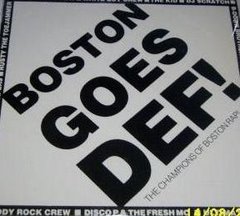



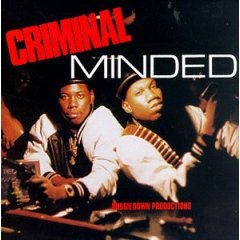
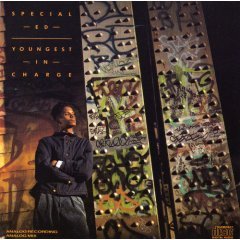
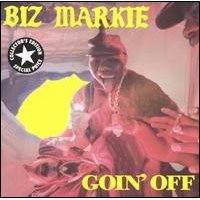


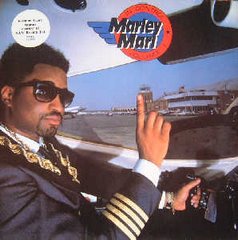


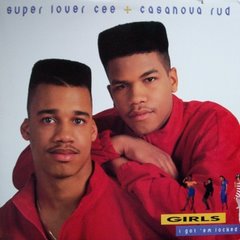



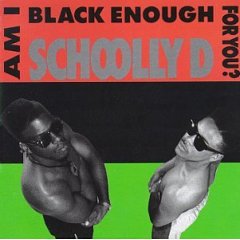

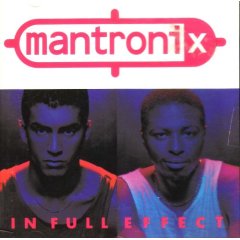
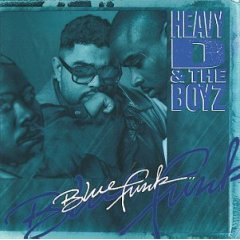
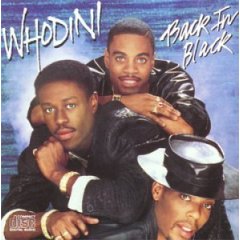



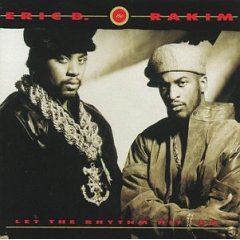
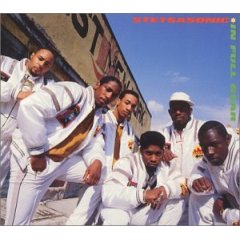

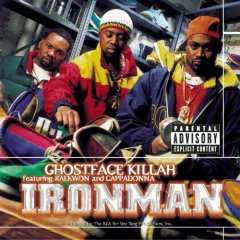
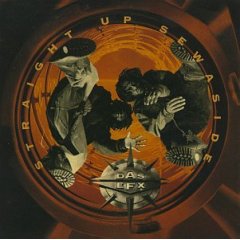
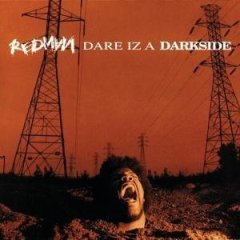


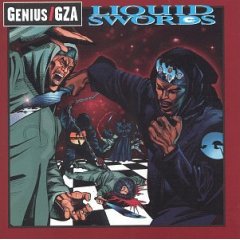

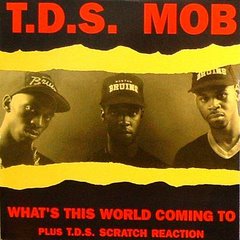
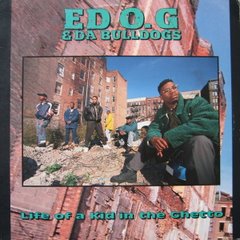

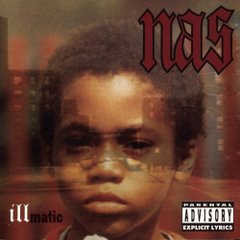
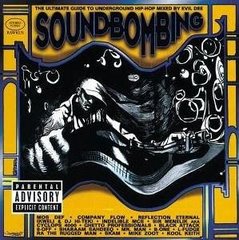

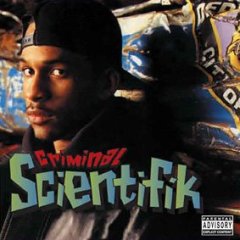
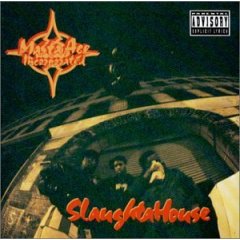
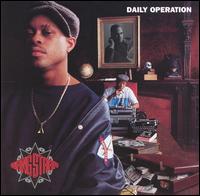



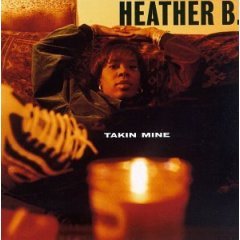



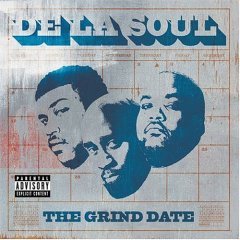


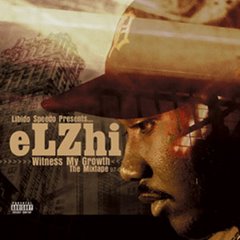





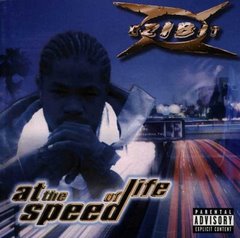
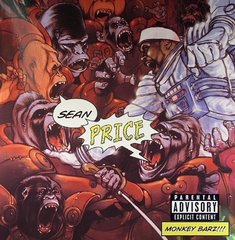

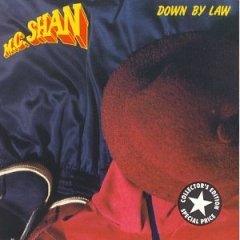

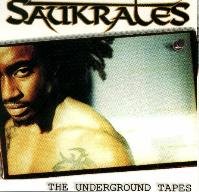
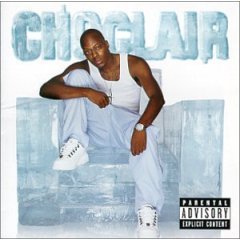


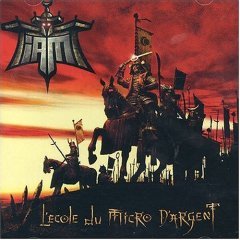

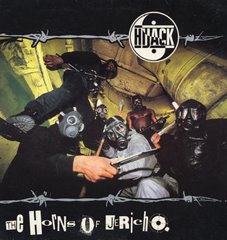

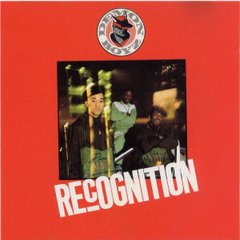
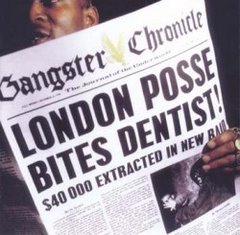
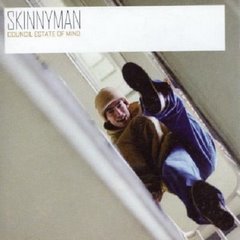



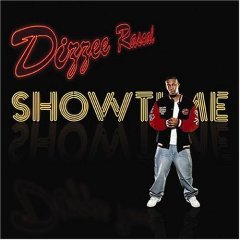

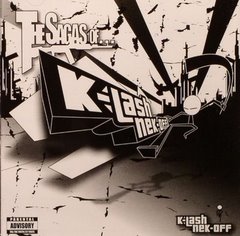

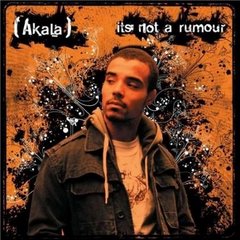




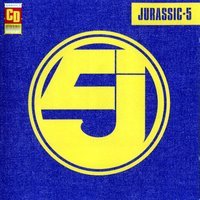
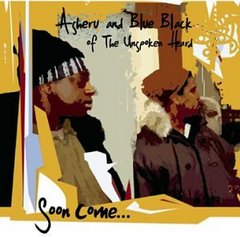

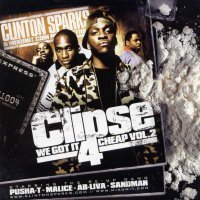


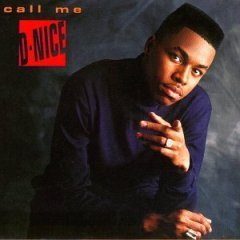
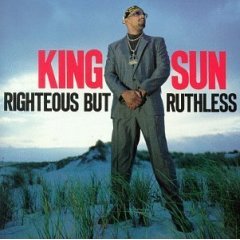

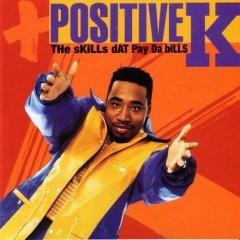

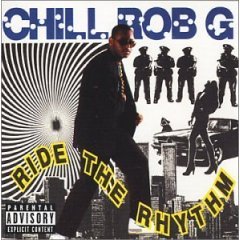



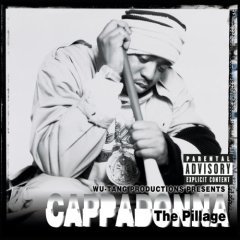



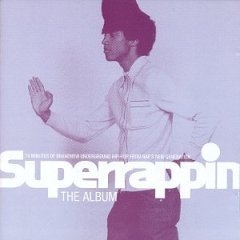
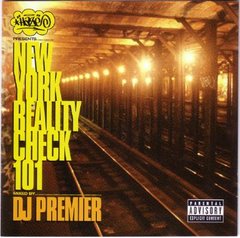



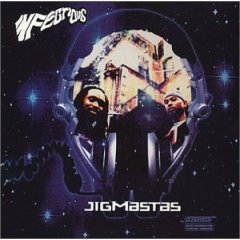
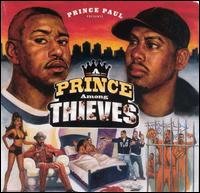
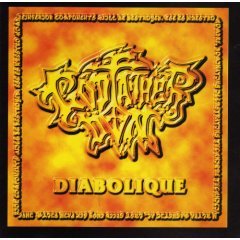
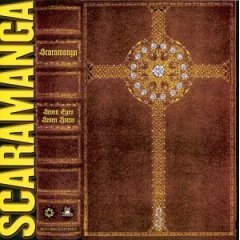


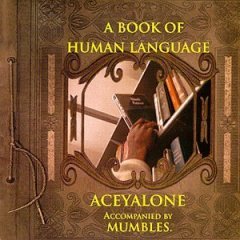
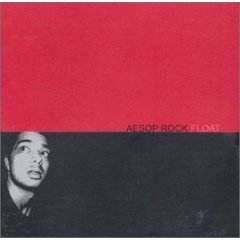
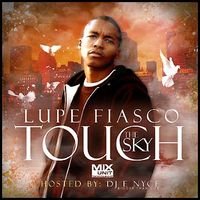
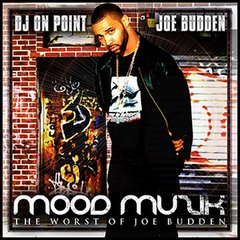





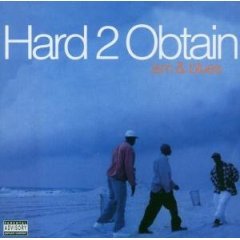
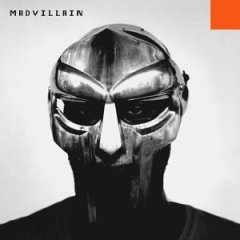
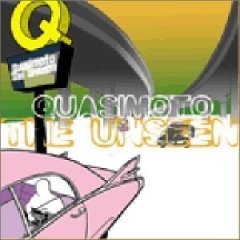

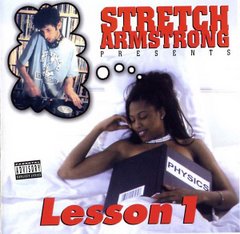
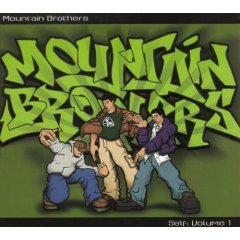



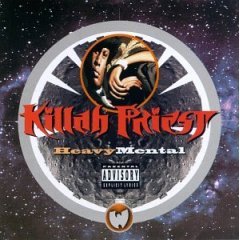
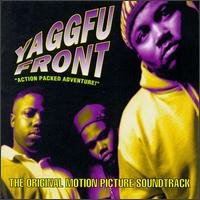

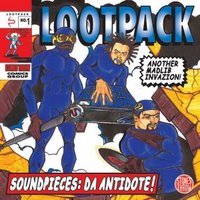

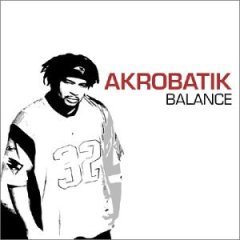


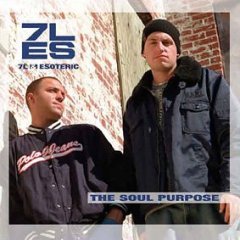
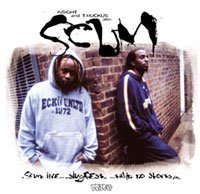

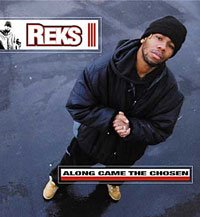
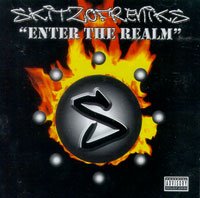
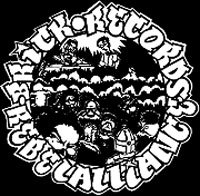


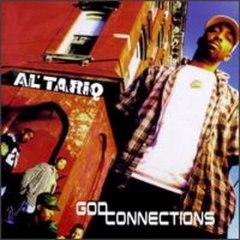

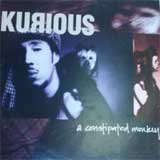

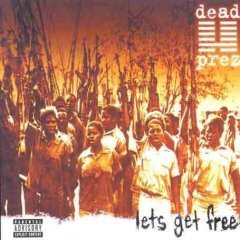
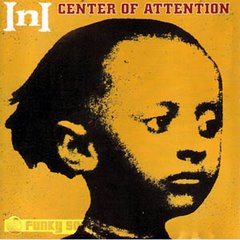
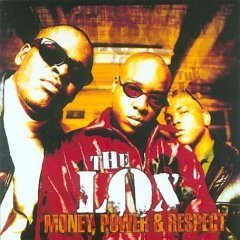
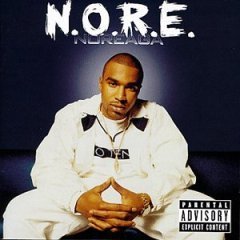
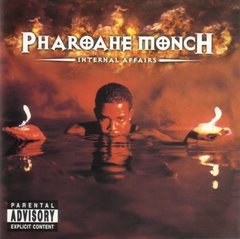
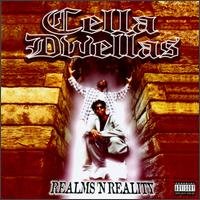


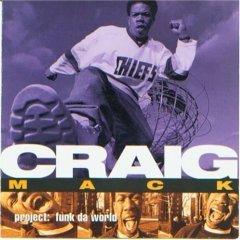


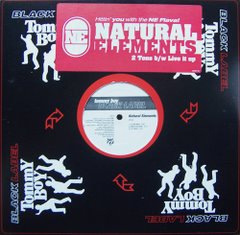
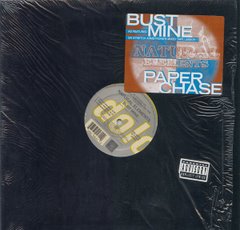

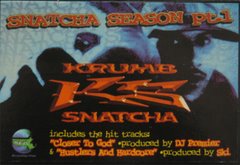






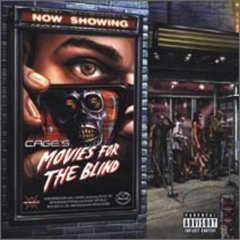
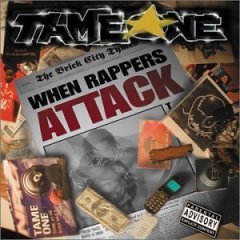
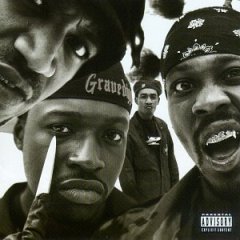

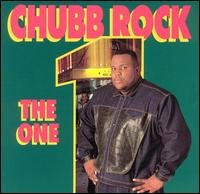
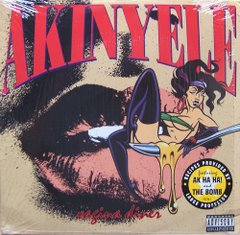

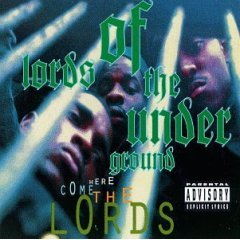

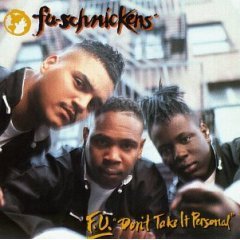
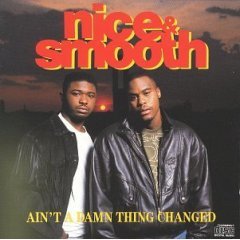

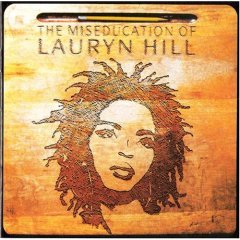
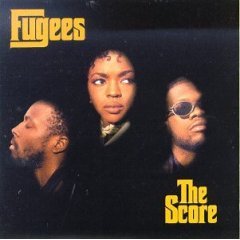
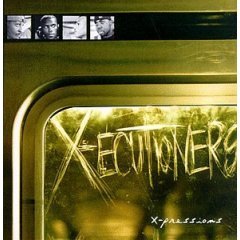
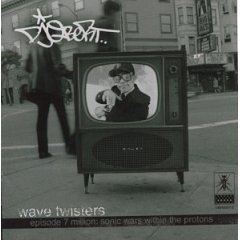

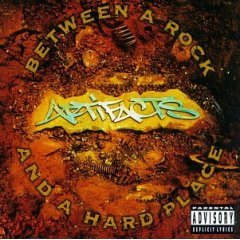
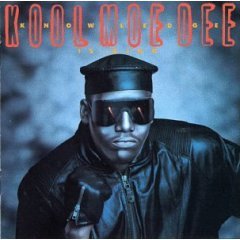
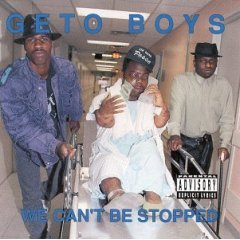
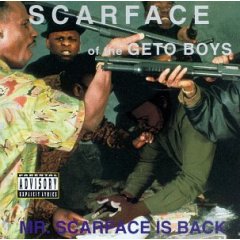
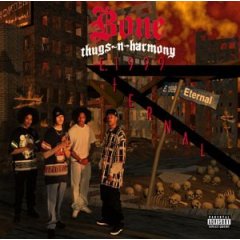







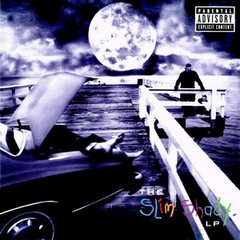

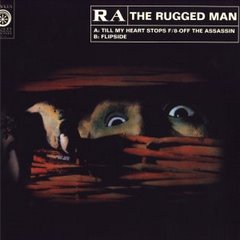
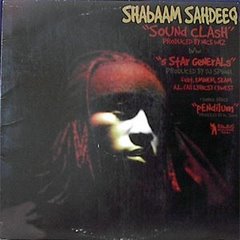
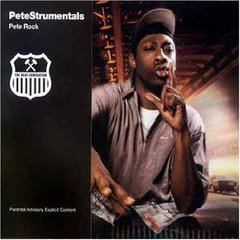



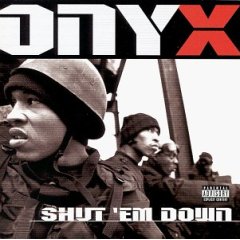


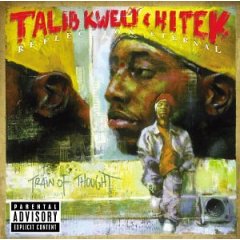
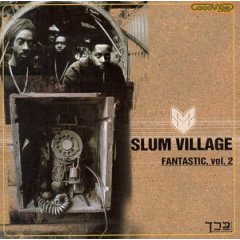
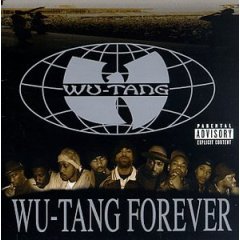
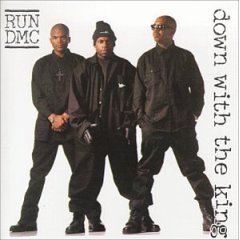

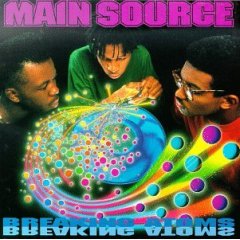

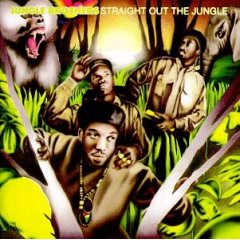

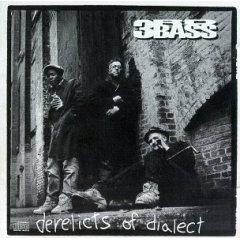

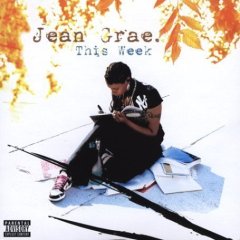
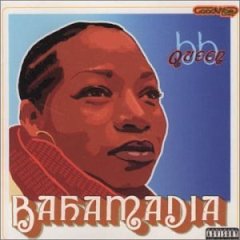

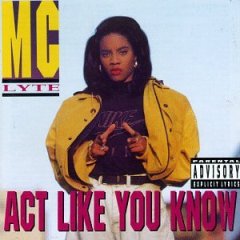

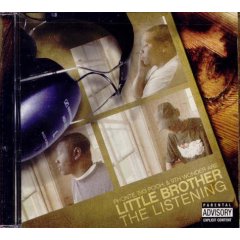

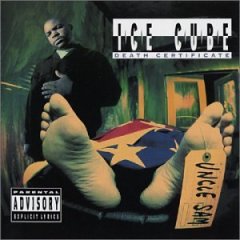

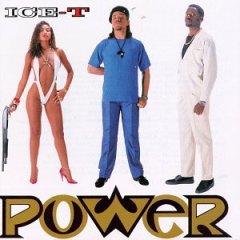

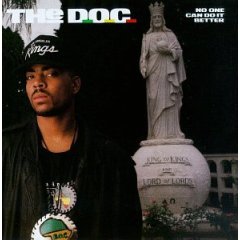




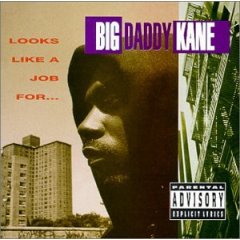

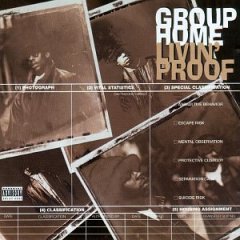

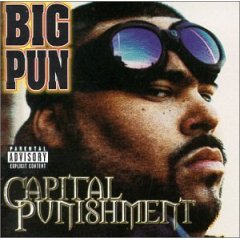
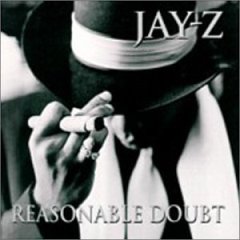
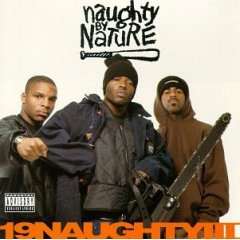


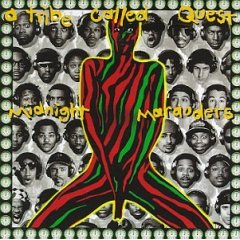
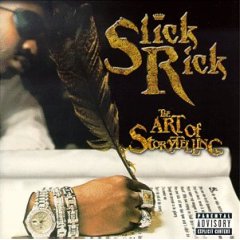
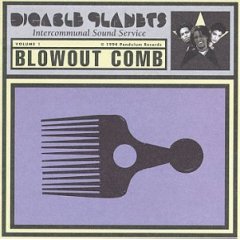
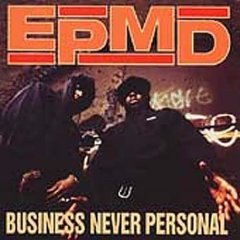






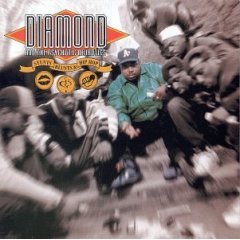
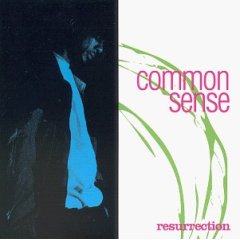
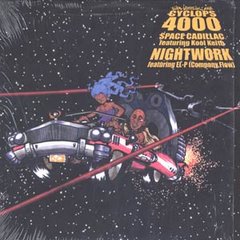
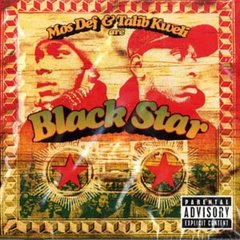
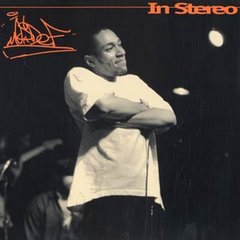
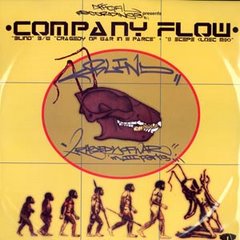

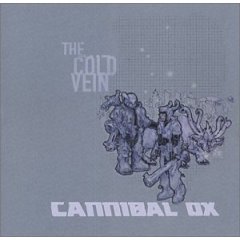

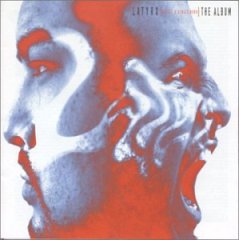
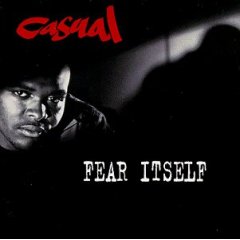




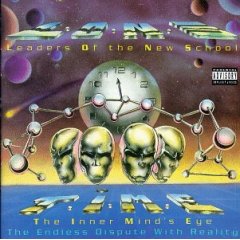
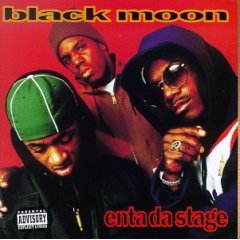

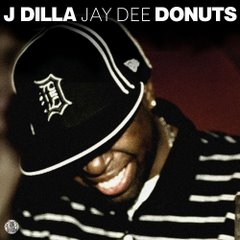
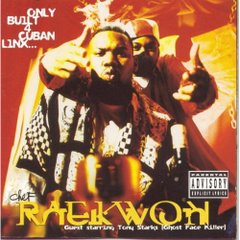

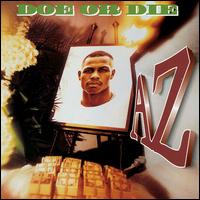
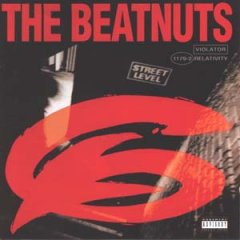

2 comments:
glad to see this re-posted. Thanks for the knowledge drops. That was really great.
Just finished reading Grandmaster Flashes new book! Everything in this article is 100% correct.
This article was well written and understood.
Thank you.
NYCSoulSoundsRadio.com
Post a Comment